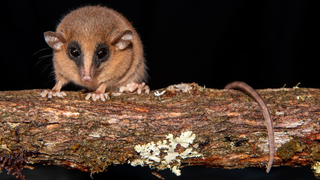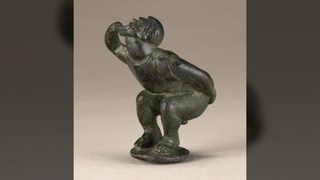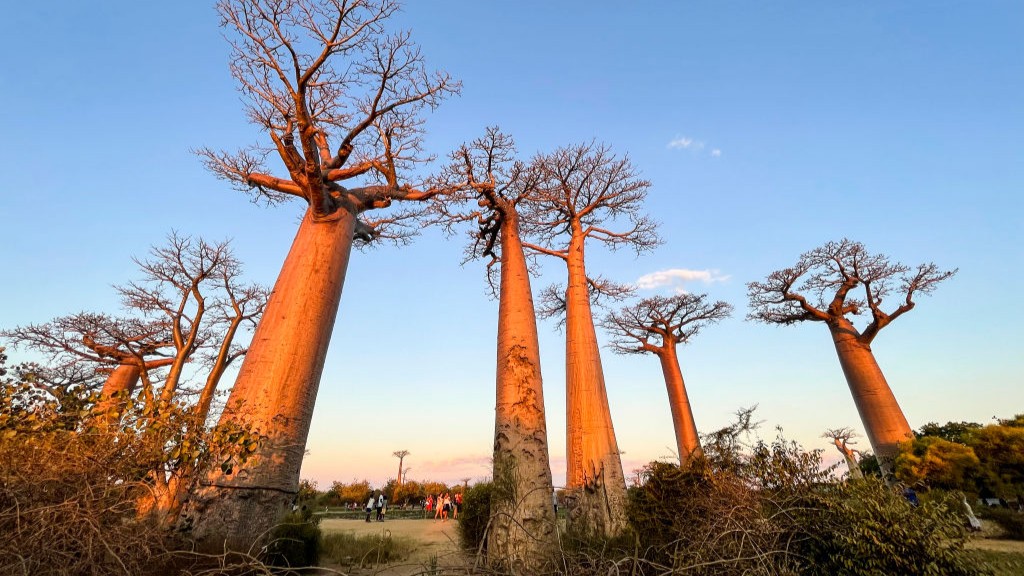
Kristina Killgrove
Kristina Killgrove is a staff writer at Live Science with a focus on archaeology and paleoanthropology news. Her articles have also appeared in venues such as Forbes, Smithsonian, and Mental Floss. Kristina holds a Ph.D. in biological anthropology and an M.A. in classical archaeology from the University of North Carolina, as well as a B.A. in Latin from the University of Virginia, and she was formerly a university professor and researcher. She has received awards from the Society for American Archaeology and the American Anthropological Association for her science writing.
Latest articles by Kristina Killgrove
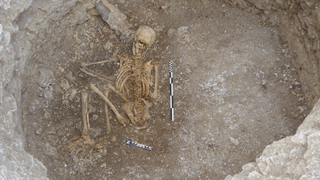
2,000-year-old Celtic teenager may have been sacrificed and considered 'disposable'
By Kristina Killgrove published
Archaeologists have recovered three unusual burials of Celtic women and girls who may have been sacrificed in England.
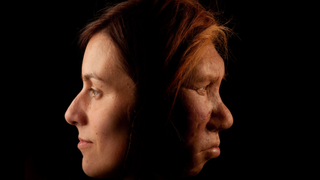
Differences in red blood cells may have 'hastened the extinction' of our Neanderthal cousins, new study suggests
By Kristina Killgrove published
Gene variants in red blood cell function may have doomed the hybrid babies of Neanderthals and modern humans.
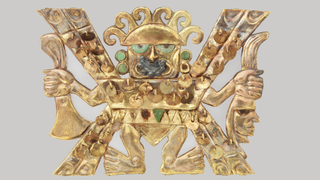
Decapitator nose ornament: 1,500-year-old gold jewelry depicting a bloodthirsty South American god
By Kristina Killgrove published
The Moche made human sacrifices to their gods, including Ai Apaec, the Decapitator.
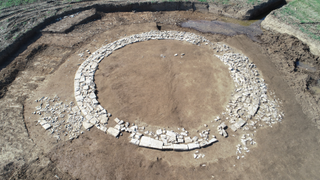
'Extremely rare' and 'highly unusual' Roman-era tomb in Germany is completely empty
By Kristina Killgrove published
An unusual stone circle that's likely a tomb is providing archaeologists with more information about life in Roman Bavaria.
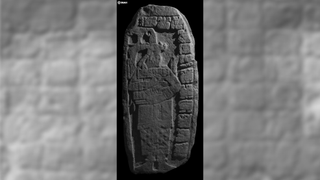
1,400-year-old hieroglyphs reveal name of powerful Maya queen
By Kristina Killgrove published
Mayan language experts have decoded the name of a previously unknown Maya queen on a stone inscription discovered last year.
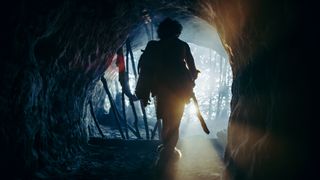
Neanderthals could be brought back within 20 years — but is it a good idea?
By Kristina Killgrove published
With today's technology, we cannot bring back Neanderthals. But even if future advances allow it, should we?
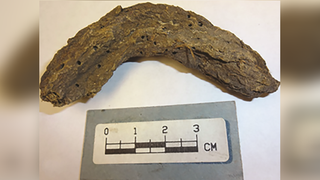
1,300-year-old poop reveals pathogens plagued prehistoric people in Mexico's 'Cave of the Dead Children'
By Kristina Killgrove published
Scientists studied ancient poop and found loads of intestinal diseases.
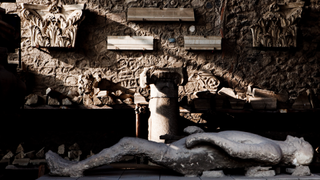
'It's really an extraordinary story,' historian Steven Tuck says of the Romans he tracked who survived the AD 79 eruption of Mount Vesuvius
By Kristina Killgrove published
"I have found two or three rich guys, but I found a couple hundred middle class and even some desperately poor people who made it out and left records. And that shocked me."

Roos Carr figures: Creepy 2,600-year-old carvings with 'removable genitalia' and eyes that may have symbolized Odin's soothsayer powers
By Kristina Killgrove published
Spooky-looking wooden figurines with quartzite eyes are 2,600 years old and may be linked to a Norse god.
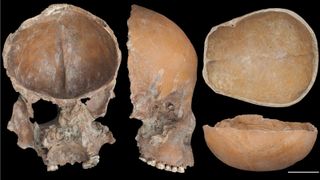
5,000-year-old skeleton masks and skull cups made from human bones discovered in China
By Kristina Killgrove published
Archaeologists in China found a collection of human bones that showed signs of being "worked" like any other natural material.
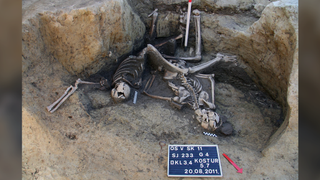
Skeleton-filled well in Croatia likely holds remains of Roman soldiers, study finds
By Kristina Killgrove published
Archaeologists have discovered a mass grave of Roman soldiers hidden inside an ancient well in Croatia.
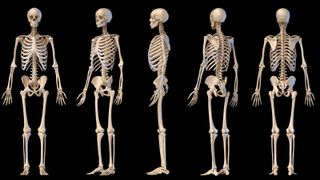
Human skeleton quiz: What do you know about the bones in your body?
By Kristina Killgrove published
Do you have what it takes to be a bone-ified quiz champion?
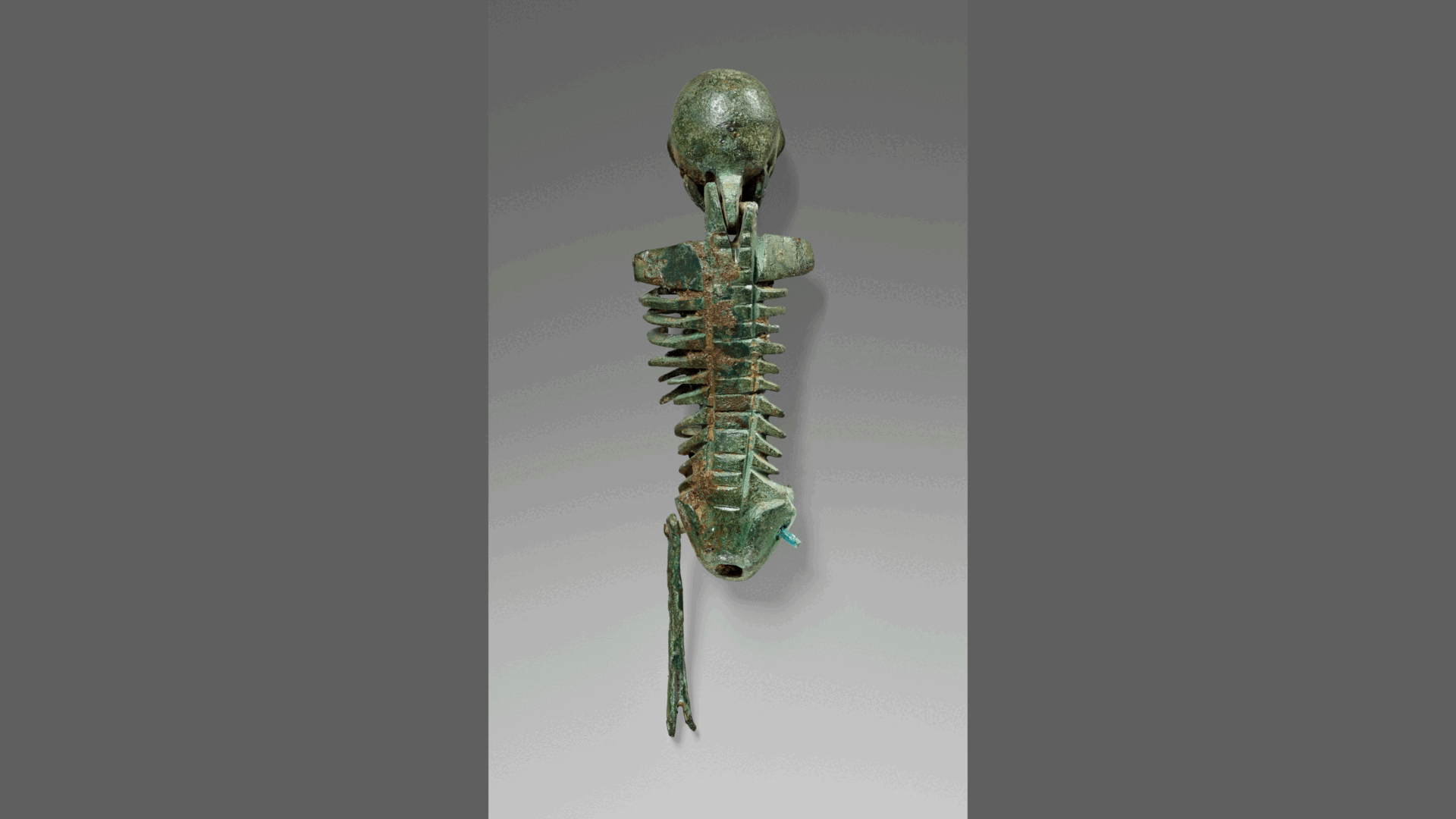
Miniature Skeleton: A ghostly 2,000-year-old party favor from a Roman banquet
By Kristina Killgrove published
This spooky skeleton was likely made to remind Roman banqueters that life is short.
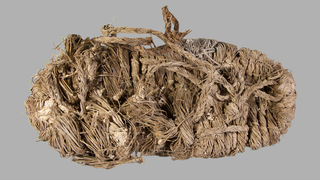
750-year-old grass shoe discovered in a vulture's nest in Spain
By Kristina Killgrove published
Bearded vultures in medieval Spain stole various things from humans to feather their nests.
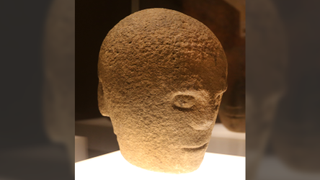
Corleck Head: A spooky three-faced Celtic sculpture found on the 'Hill of Death' in Ireland — and it may have been connected to human sacrifice 1,900 years ago
By Kristina Killgrove published
The meaning of the three-faced Corleck Head has puzzled experts for centuries.
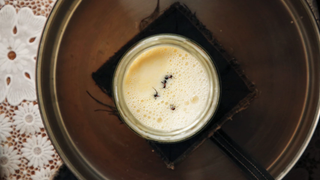
Anthropologists make 'ant yogurt' from centuries-old recipe, serve it as an 'ant-wich' at Michelin-star restaurant
By Kristina Killgrove published
Researchers have revealed how adding a handful of live ants to warm milk can create yogurt.

Scientists convert a kidney from blood type A to universal type O and implant it in a brain-dead recipient
By Kristina Killgrove published
Scientists move one step closer to "universal" donor organs with a successful kidney transplant in a brain-dead patient.
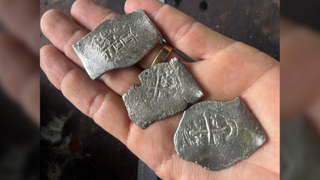
Divers recover more than 1,000 gold and silver coins from 1715 'Treasure Fleet' shipwreck in Florida
By Kristina Killgrove published
Salvage work on the 1715 shipwrecks brought over 1,000 coins to the surface this summer.
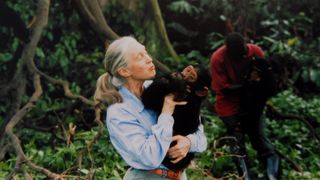
Jane Goodall, famed primatologist who discovered chimpanzee tool use, dies at 91
By Kristina Killgrove published
Dame Jane Goodall, the world's preeminent chimpanzee expert, died of natural causes.

Vlad the Impaler: The medieval prince who inspired Dracula
By Marc Lallanilla, Callum McKelvie, Jessie Szalay, Kristina Killgrove last updated
Vlad the Impaler was a medieval prince whose bloodthirsty acts inspired the world's most famous vampire, Bram Stoker's Dracula.
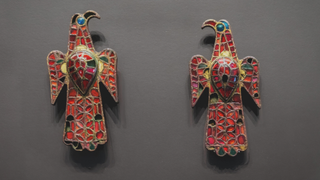
Eagle brooches: 1,500-year-old pins filled with dazzling gems and glass — and worn by powerful Visigoth women
By Kristina Killgrove published
Visigoth women may have worn eagle-shaped pins as a symbol of power.

How long does DNA last?
By Kristina Killgrove published
The world's oldest DNA comes from a 2.4 million-year-old ecosystem in Greenland. Will scientists eventually sequence even older DNA?
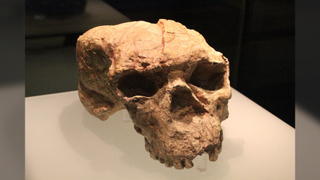
1 million-year-old skull from China holds clues to the origins of Neanderthals, Denisovans and humans
By Kristina Killgrove published
Reconstruction of a 1 million-year-old skull shows that early human groups split and diversified quickly.
Get the world’s most fascinating discoveries delivered straight to your inbox.
